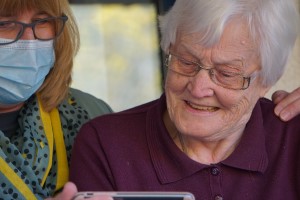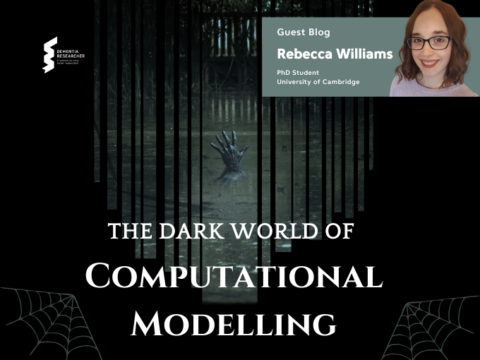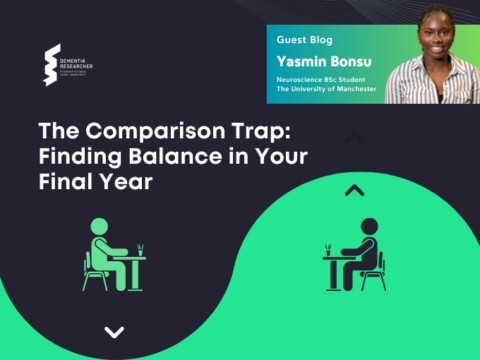The pandemic has made us realise a lot of things I’m sure. The fact that it’s nice to just go outside for as many times as we want, remembering back to the height of the lockdown. As opposed to just once a day. Or to go on holiday without having to get a negative COVID-19 test to show or wearing a face mask on the plane. But, we can somehow get used to that.
One thing that the pandemic put in the spotlight even more than before is the need for a much better social care system. That’s something we can’t get used to the way it was and is right now.
Once someone receives a diagnosis of dementia, accessing social support services in the community, such as day care centres, peer support groups, social activities (i.e. arts groups), or respite care, is vital to maintain a good quality of life. And to remain independent. And that’s not only true for the person living with dementia, but also for the many unpaid carers (family and friends) who are supporting someone living well.
Access to social support and social care services wasn’t great before the pandemic. People living with dementia often had to rely on having an unpaid carer who was proactive and able to find out information about groups and activities. In an ideal world, people with dementia and carers should be directed by health and social care professionals to these activities and services after a diagnosis. But this is not really an ideal world.

Thanks to Georg Arthur Pflueger for sharing their work on Unsplash.
So, throw COVID-19 in the mix, and what you get is a perfect storm of a dysfunctioning support system. The ability to enjoy going out and seeing peers at singing and dancing groups, or at day care centres, or having paid carers coming in alleviating some of the caring duties, was suddenly ripped from underneath people’s feet. No more support groups. No more day care centres. No more visiting your relative or friend with dementia in the care home – for months.
And this is not over yet. We hear stories that care homes are starting a second round of lockdown again. Also looking at the community sector, there have been many difficulties in slowly re-starting services, if services are running at all.
We have interviewed people living with dementia and carers at the start of the pandemic and 3 to 4 months later, and services have only been very slowly in adapting to remote support, if at all. This already had severe impacts on the lives of both people with dementia and carers – carers noted the dementia to progress much faster, and faced very difficult decisions in terms of continuing or cancelling paid carers entering the home. Many discontinued care for fear of virus transmission, leaving them to pick up additional caring duties and often being overburdened (link: https://bmcgeriatr.biomedcentral.com/articles/10.1186/s12877-020-01719-0#citeas).
Considering that the pandemic is far from over, with imminent further lockdown measures looming ahead, it is important that social support services are better supported to adapt to remote support provision, or indeed limited face-to-face services in a socially distanced fashion. But let’s not forget the people with dementia and carers. They need to be better supported in making decisions of how to access care during this pandemic. Because not accessing care is clearly not an option.
Author

Dr Clarissa Giebel
Dr Clarissa Giebel is a Research Fellow at the University of Liverpool and NIHR ARC North West Coast. She has been working in dementia care research for over 7 years focusing her research on on helping people with dementia live at home independently for longer.

 Print This Post
Print This Post




